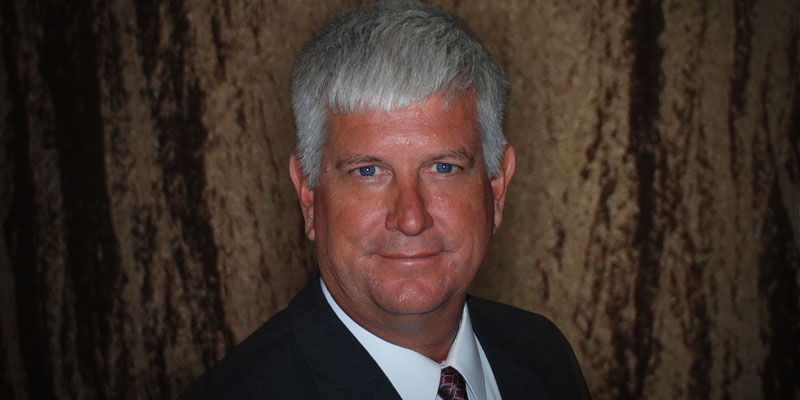Last week’s passage of a constitutional amendment to legalize gambling in Alabama by the state senate was major breakthrough in a process that has eluded the state for decades.
One objective repeatedly stated by the bill’s first sponsor State Sen. Del Marsh (R-Anniston), which would be made possible by enabling legislation accompanying the constitutional amendment, was to improve the state’s broadband infrastructure, which Marsh argued was sorely needed to improve education statewide.
State Sen. David Sessions (R-Grand Bay) is somewhat skeptical that improving broadband internet infrastructure will be that shot in the arm for education, especially given some of the shortcomings of online learning during COVID-19.
During an appearance on Mobile radio FM Talk 106.5’s “The Jeff Poor Show,” Sessions laid out his concerns with the justification of allotting such a hefty amount to IT infrastructure and added he hoped the House would scale down the amount dedicated to rural broadband.
“[I]’m still not crazy about such a huge chunk of money going to IT infrastructure,” he said. “I know that we need that across this state, especially in rural areas. COVID showed us the reason that we need it. But it also showed us some other things — you can’t depend on distance IT for education, especially K-12. It just doesn’t work. It doesn’t work well at all. Kids need to be in classrooms. The argument is to use it for education purposes. I really don’t buy that argument. Is it needed? Yes, it is needed. We have a lot of underserved areas that need it. Another issue with our IT infrastructure is even where you have it, a lot of times, it is not as dependable as it should be or it needs to be. So, there is a need for that funding. I would like to see the House trim it a little more. We did trim it to $750 million on the front end for the broadband expansion. I would certainly like to see the House trim it down to at least $500 million.”
“The rest of the money, I think, would be spent in good places if it is passed,” Sessions added. “It is a good breakdown. Some for infrastructure, roads and bridges. Some for mental health, which we really need in this state. And money will be spread across the state to cities and counties if it passes. We’ll be using a good chunk for rural health care.”
Sessions said it was not clear to him exactly what tangible returns the state would get out of the overall investment.
“I really don’t like to see us into it because I compare it to me being a farmer,” he explained. “Are they going to give me a grant to put in all of my irrigation systems, and yet, they get nothing back out of it? If the state is going to benefit from this, if they’re going to receive some kind of lease payment or something out of this to expand this broadband, that’s one thing. But if we’re going to build out this infrastructure, and just hand it over to private companies, charge our constituents, charge our people of this state — I don’t think AT&T or Verizon or C-Spire, or any of them are going to not charge you a bill for your internet service. You know, I really struggle with it. I really do. I made that known to the sponsor several times. At the end of the day, we do need connectivity across the state. And unfortunately, a lot of rural areas have none.”
@Jeff_Poor is a graduate of Auburn University and the University of South Alabama, the editor of Breitbart TV, a columnist for Mobile’s Lagniappe Weekly, and host of Mobile’s “The Jeff Poor Show” from 9 a.m.-12 p.m. on FM Talk 106.5.
Don’t miss out! Subscribe today to have Alabama’s leading headlines delivered to your inbox.
